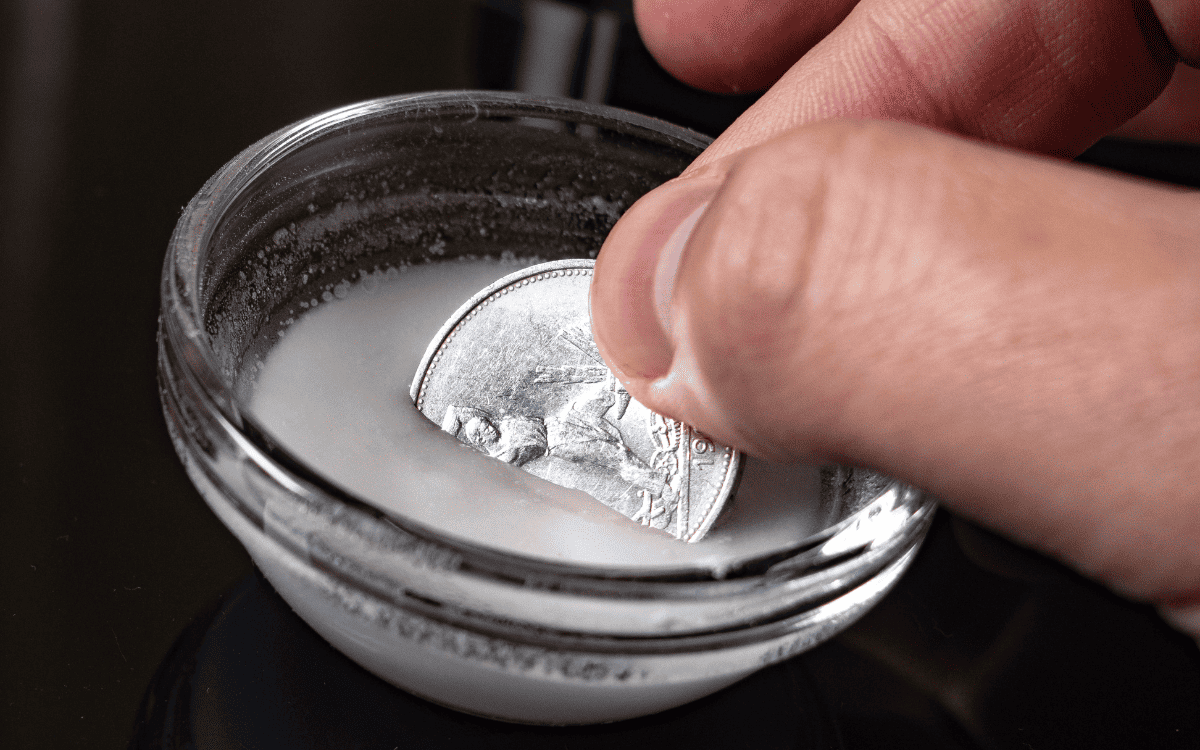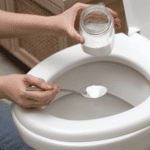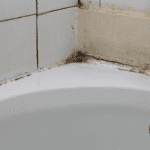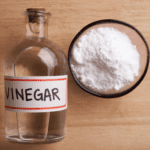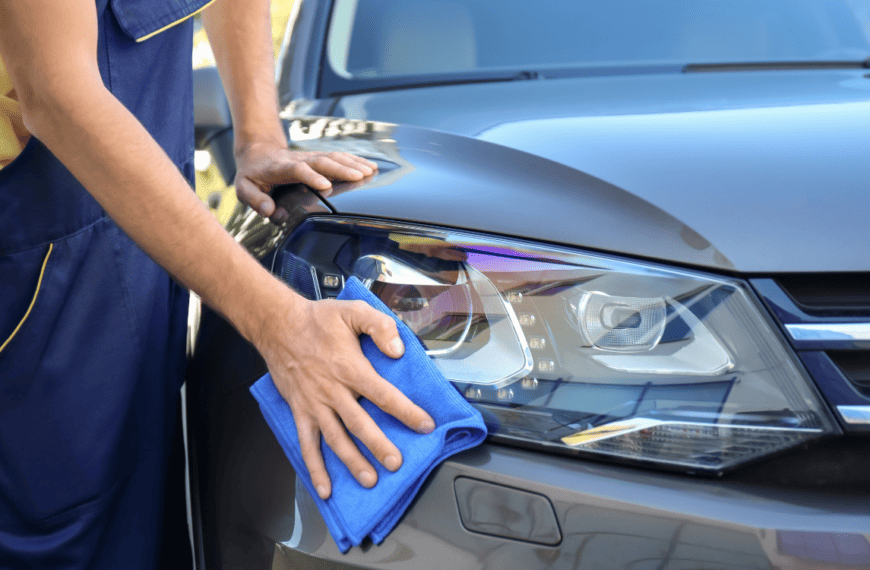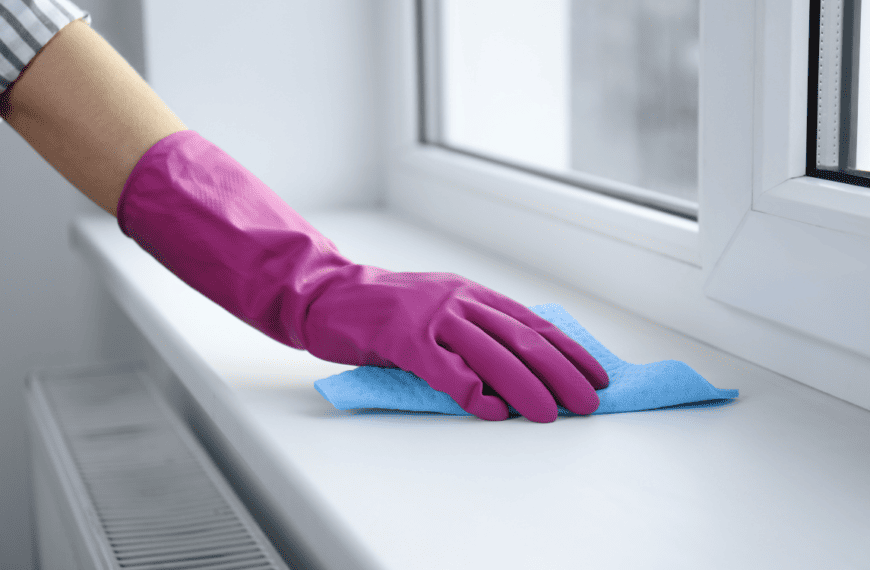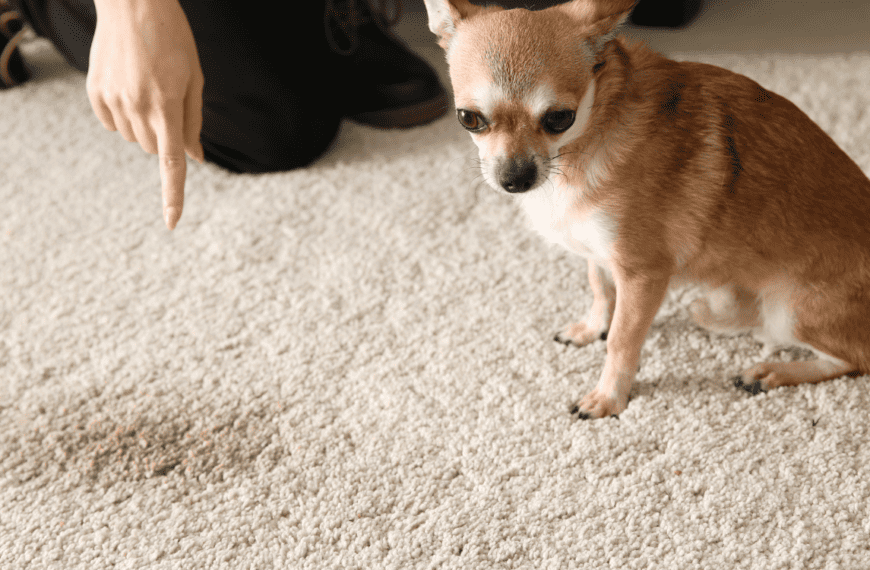I collected coins as a kid, and I remember cleaning dirty coins with water and an old toothbrush, hoping to shine them up. It didn’t always work. As I got older and my children wanted to develop their own coin collection, I had to develop more effective ways to clean coins. I’ll show you the best way to clean old coins, what to look out for when cleaning, and how to make sure you take the right precautions with rare coins.
Before You Begin: Important Things To Consider
Before you start working on cleaning your coins, I want you to separate the coins that may be valuable from the everyday coins. The valuable coins need to follow a different process, and we don’t want those mixed in.
- Take a look at the age and condition of each of the coins; set the very old ones aside
- Identify the type of metal that you are working with
- Do you have issues with dirt or with tarnish? The cleaning process would be different
- What is your goal for cleaning coins? Germ free, shiny, and polished, or all of the above?
Supplies and Tools To Clean Old Coins
- Small plastic container
- White distilled vinegar
- Toothbrush
- Distilled water
- Microfiber towel
What Is the Easiest Way To Clean Old Coins?
The best and easiest way to clean old coins is to utilize the power of the acid that is present in white distilled vinegar. The acidity of the vinegar removes both tarnish and dirt and leaves you with a clean coin. Place your coins in a small plastic container; do not stack them; lay them in one layer across the bottom. Pour white vinegar over the coins and let them sit for at least 60 minutes. Remove the coins one by one, scrub them with an old toothbrush, rinse with distilled water, and dry the coins. If you still notice some tarnish, let the coins sit in the vinegar solution overnight.
Alternative Methods To Clean Coins
There are a lot of methods out there for cleaning old coins. However, as coin collectors will tell you, if you use these more harsh methods (with grit and strong chemicals), you could do damage. Here are some alternative methods to clean dirty and tarnished coins that are not valuable or collector’s items.
Dish Soap and Distilled Water
Dish soap will allow water to penetrate the dirt and grime that has been collected on your old coins. I always use distilled water when working with coins so that no minerals are left behind. I wouldn’t let coins soak, and always make sure you dry them after cleaning.
- Take a phosphate-free dish soap like Palmolive Ultra Free Clear and make a soapy solution using a few drops and a cup or two of distilled water
- Submerge coins fully in the water for 5 minutes
- Use an old toothbrush to scrub the coins; be gentle so that you do not scratch them
- Rinse the coins with distilled water
- Dry with a lint free cloth; patting dry tends to work best
Lemon and Salt
With the acidity of lemon and the abrasiveness of salt, make sure you don’t scrub when using this method. As good as the lemon and salt combo is, you can do damage if you don’t take it easy.
- Cut a lemon in half and squeeze the contents into a small bowl; add ½ teaspoon of salt to the juice and mix
- Take a cotton swab and apply a little of the lemon salt paste to a coin; do not scrub
- Put the paste on areas where there is tarnish to let the mixture sink in and do its work
- Avoid prolonged exposure to the lemon on valuable coins
- Rinse the coin with distilled water to remove the lemon and salt mixture
- Pat dry
Isopropyl Alcohol and Salt
A solution of Isopropyl Alcohol (90%) and salt will help dissolve any contaminants that may still be on your old coins. Again, when working with salt, avoid scrubbing.
- Create a solution with isopropyl alcohol (90%) and a pinch of salt
- Use a cotton swab to put a little of the alcohol salt solution on top of the coin
- Rub gently with the swab
- Rinse with distilled water
- Pat the coins dry soft cloth and repeat if necessary
Hydrogen Peroxide
Hydrogen peroxide (3%) helps to oxidize and remove tarnish from old coins. The peroxide is relatively harmless to the coins, so soaking them directly in the peroxide should not hurt them.
- Pour hydrogen peroxide (3%) in a bowl and add old coins directly to the solution
- Let the coins sit for about 5 minutes
- Remove each coin one by one and wipe it down with a cotton swab
- Rinse with distilled water and pat dry
- If necessary, you can repeat the process again
Acetone
Acetone is an effective way to dissolve things like contaminants, dirt, and grease. However, you can only use acetone on silver and gold coins; it is not recommended for copper or bronze coins. Acetone can be tough on the lungs; work with this in an environment where you have good ventilation.
- Fill a small bowl with acetone and submerge your coins
- Let the coins soak for about five minutes; while they are soaking, move the bowl around a bit so that they are moving within the acetone
- Carefully remove each one and rinse with distilled water
- Pat dry with a lint-free cloth
Electrolysis
Electrolysis is a method that utilizes electrochemistry to induce a chemical reaction that removes tarnish from coins. This method is advanced and should be done by professionals. The electrolysis process is not only one that combines water and electricity (so it can be dangerous), it is also known for damaging the finish of rare and valuable coins.
Even when working on old coins that may not necessarily be valuable, I’d save the electrolysis for professionals.
If you are just cleaning up a bunch of coins and they are not particularly rare or valuable, electrolysis could be an option for you. I recommend LifeBasis Ultrasonic Cleaner. It’s relatively inexpensive and also works for rings, watches, dentures, and silver.
Methods To Avoid
I know you are here to learn how to clean old coins, but there are so many methods out there that you will come across that could do damage that this has to be addressed. Here are the methods I would stay away from.
- Baking Soda: baking soda without scrubbing can be okay to use, but it’s really not necessary; as great as baking soda is as a cleaner, it is abrasive to some surfaces
- Olive Oil: the oily residue of olive oil attracts additional dirty and debris to stick to the coins
- Pencil Eraser: the eraser will leave residue, making it difficult to remove; this method just doesn’t get you any results
- Coke: Coke leaves a sugary and sticky residue in addition to sometimes being too acidic
- Sand: sand is too abrasive and can cause permanent scratches and significant damage
- Ketchup: ketchup is too acidic and messy to use; stick with vinegar as a better solution
Cleaning Tarnished or Corroded Coins
Tarnished or corroded coins can bring another level to the project of cleaning coins. The best method I have found, without seeking professional help, is using vinegar and salt. Vinegar, because of its acidity, is the best overall method; when you add a little salt, it can work as a natural scrubber to break down the corrosion.
- Create a solution of vinegar and salt; add about half a cup of vinegar and half a teaspoon of salt
- Let the tarnished coins sit in the solution for about 10 minutes
- Take each coin and use a cotton swab to lightly wipe the surfaces with the solution
- Add the coins back into the vinegar mixture for another 10 minutes
- Remove all coins and rinse with distilled water
- Dry with a clean lint, free cloth
How Do You Clean Old Coins Without Ruining Them?
To clean old coins without ruining them, you have to be sure not to use anything abrasive or overly acidic on the coins. In addition, always test a method on a less valuable coin first to ensure that the method is not causing physical damage to the coin.
Using distilled water will help to prevent mineral deposits, but you still need to dry the coin after you have finished washing it. Before handling any coins, you should wear gloves to protect the coins and your own skin.
Following these methods can prevent loss of value in your coin’s physical damage and help preserve the original patina. The more you know about the age of your coin and its rarity, the easier it will be for you to preserve it over time.
Cleaning Old Gold Coins
When cleaning old gold coins without the help of a professional, you will need to use soapy distilled water. Use a soap like Palmolive Ultra Free Clear that is milder.
- Fill a container with distilled water, add three drops of Palmolive Ultra Free Clear
- Let the old gold coins sit for approximately 10 minutes
- Take each coin out and wipe it with a cotton swab
- Rinse with clean distilled water
- Pat dry completely
Cleaning Old Silver Coins
Abrasive or even ultrasonic cleaners can create issues with silver coins and encourage scratches and marks on the coin surface. Use distilled water and cotton swabs here to ensure you do not do any permanent damage.
- Fill a small bowl with distilled water, add a few drops of Palmolive Ultra Free Clear
- Let the silver coins soak in the soap and water solution for about 15 minutes
- You should not wash more than one coin at a time to ensure they don’t scratch each other
- Remove each silver coin one by one, wipe it with a cotton swab
- Rinse with distilled water
- Dry completely before storing
Cleaning Old Copper Coins
A copper coin develops a patina over time that is quite desirable. The last thing you want to do is ruin this patina and reduce the value of your copper pennies. The best method here is to use lemon, but you have to be smart about how long you let it sit.
- Put a few copper coins at the bottom of a container or dish
- Squeeze fresh lemon juice from a lemon onto the coins
- Allow the coins to sit for 5 minutes
- Rinse very well with distilled water
- Pat dry
Cleaning Old Bronze Coins
Make sure to avoid any type of rubbing or scrubbing when cleaning old bronze coins. Soapy distilled water is the only way I would work with these types of old coins without talking to a professional.
- Fill a bowl with distilled water, you can add a few drops of dish soap, but you can also try cleaning with distilled water only at first
- Let the coins sit for about 10 minutes
- Remove the coins, and pat the surface with a cotton swab
- Rinse with distilled water
- Dry completely
- If more cleaning is necessary, repeat the process and add a few drops of phosphate-free dish soap
Cleaning Old Roman Coins
If you are lucky enough to have some old Roman coins in your possession, don’t try to clean them on your own. Take these to a professional and let them clean the coins for you. Many people ask if coins lose value when cleaned. Yes, coins can lose value when cleaned, especially when the method is too harsh creates micro abrasions, and removes coins’ natural patina.
How to Properly Store Collectible Coins To Avoid Tarnish and Damage
Cleaning rare or collectible old coins is much more involved than cleaning your basic coins. Luckily, there are some steps you can take to make this process a little easier on you and create less long-term damage to the coins. Think of cleaning rare coins the same way you think of cleaning jewelry.
- Environmental factors and chemical reactions can cause tarnish; store the coins properly in low humidity and air-tight containers to reduce the need to clean
- Acid free paper envelopes, coin capsules, and climate-controlled environments are some of the best solutions for storing collectible coins
- Talk to a professional about other ways to store, protect, and even insure your old coins
Frequently Asked Questions (FAQ)
What if My Coin Doesn’t Shine After Cleaning?
If you are dealing with everyday change, you may want to try alternative cleaning techniques like adding a slightly abrasive salt in with your vinegar or scrubbing with a soft toothbrush. However, for collectible coins, a coin’s patina can help improve the overall value. When cleaning old coins, don’t be so worried about getting them to shine; that could cost some value.
Is It Safe To Use Ultrasonic Cleaners for Old Coins?
Using an ultrasonic cleaner to get a coin clean is generally not recommended as it can damage the surface of the coin or remove the natural patina. Instead, try a method that uses a gentle soap that breaks down organic material to prevent long-term tarnishing.
How Can I Identify if My Coin Is Too Valuable to Risk Cleaning?
To determine if your coin is too valuable to risk cleaning, look for indicators such as rarity, historical significance, and minting errors. Coins that are older, part of a limited series, or have unique features are often more valuable. Materials like gold and silver also increase a coin’s worth. If your coin meets any of these criteria, consult a professional coin or numismatic conservator for an evaluation. They can advise on the safest cleaning methods or whether the coin should remain uncleaned to preserve its value.
How Do Professionals Clean Coins?
Professionals clean coins using specialized techniques to preserve their value. Methods include electrolysis, ultrasonic cleaning, and chemical dips. The choice of method depends on the coin’s material, age, and overall condition. For example, electrolysis is often used for heavily tarnished silver coins, while ultrasonic cleaning is suitable for less delicate items. A professional will assess the coin’s condition before choosing the most appropriate cleaning method.
Should I Clean Old Coins?
Cleaning old coins should be approached with caution, especially if they are rare or valuable. Improper cleaning can diminish their value and damage their surface. For everyday change, a simple vinegar solution is usually sufficient and poses little risk. However, for older or collectible coins, it’s highly recommended to consult a professional coin or numismatic conservator to assess the best cleaning method, or whether the coin should be left uncleaned to preserve its value.

